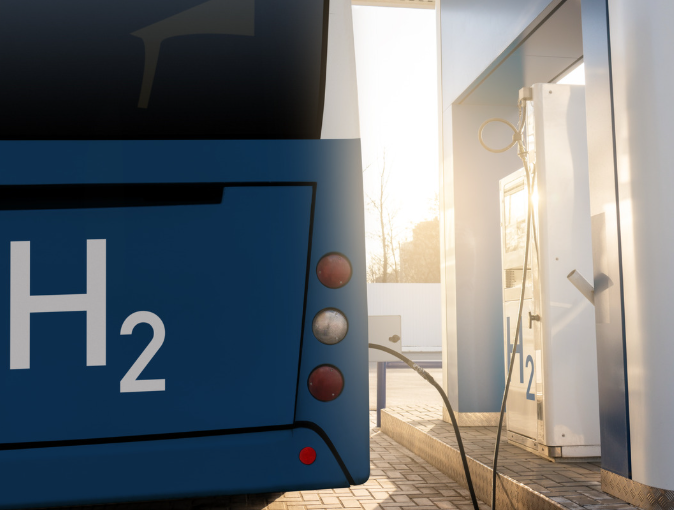The Sarawak government’s bet on hydrogen-powered public transport is drawing mounting criticism, with opposition lawmakers questioning both its technical reliability and economic justification.
Five years into a pilot programe that introduced three hydrogen fuel cell buses in Kuching, operational records show frequent breakdowns—despite the vehicles being only a quarter into their expected 20-year service life. Each bus, priced at RM2.2 million, was intended to serve as a feeder in the state capital’s clean energy trial, but lengthy repair times—sometimes exceeding a week—have disrupted service and raised doubts about readiness for large-scale deployment.
Despite these issues, Sarawak Metro Sdn Bhd, the state-owned transit developer, has moved ahead with a RM122 million contract for 55 additional hydrogen buses. The expansion is tied to the upcoming Autonomous Rapid Transit (ART) system, a project positioned as a cost-saving alternative to a shelved RM10.8 billion light rapid transit plan. However, critics argue that the cost-effectiveness of ART remains questionable, particularly as Malaysia’s hydrogen production infrastructure is still nascent. Utilization rates at Sarawak Energy Bhd’s hydrogen refueling stations remain minimal, underscoring concerns that the supporting ecosystem is not yet ready for mass adoption.
Global precedent adds weight to these doubts. Countries such as Japan, South Korea, and Indonesia have scaled back or abandoned hydrogen bus programes, citing high maintenance demands and limited economic viability. Meanwhile, electric buses—already deployed at scale in Europe and Asia—offer a proven, lower-risk pathway. With Kuching and neighboring Samarahan housing a combined population of just 1.2 million, some question whether the scale of Sarawak’s hydrogen investment aligns with actual demand.
Stay updated on the latest in energy! Follow us on LinkedIn, Facebook, and X for real-time news and insights. Don’t miss out on exclusive interviews and webinars—subscribe to our YouTube channel today! Join our community and be part of the conversation shaping the future of energy.
